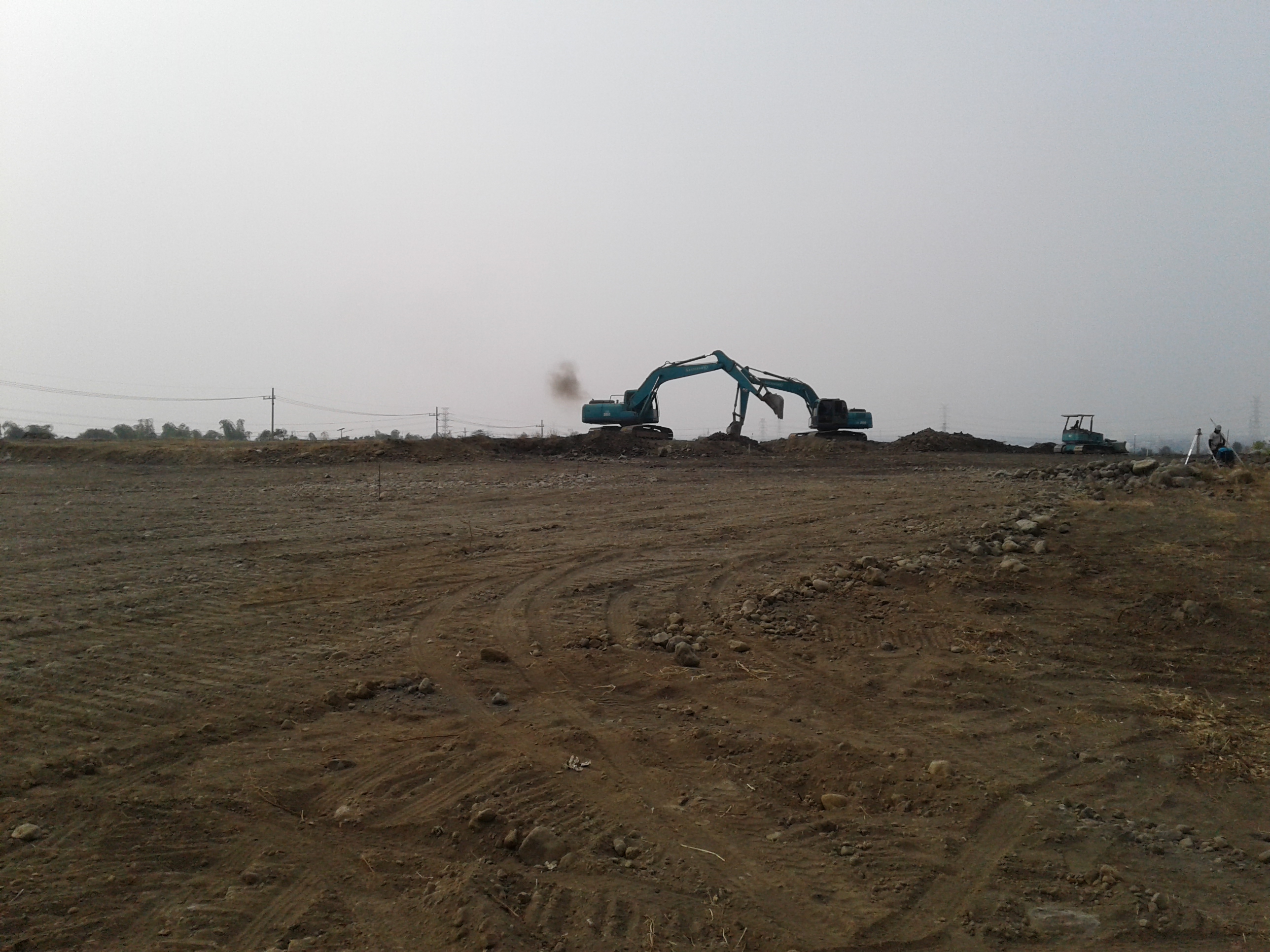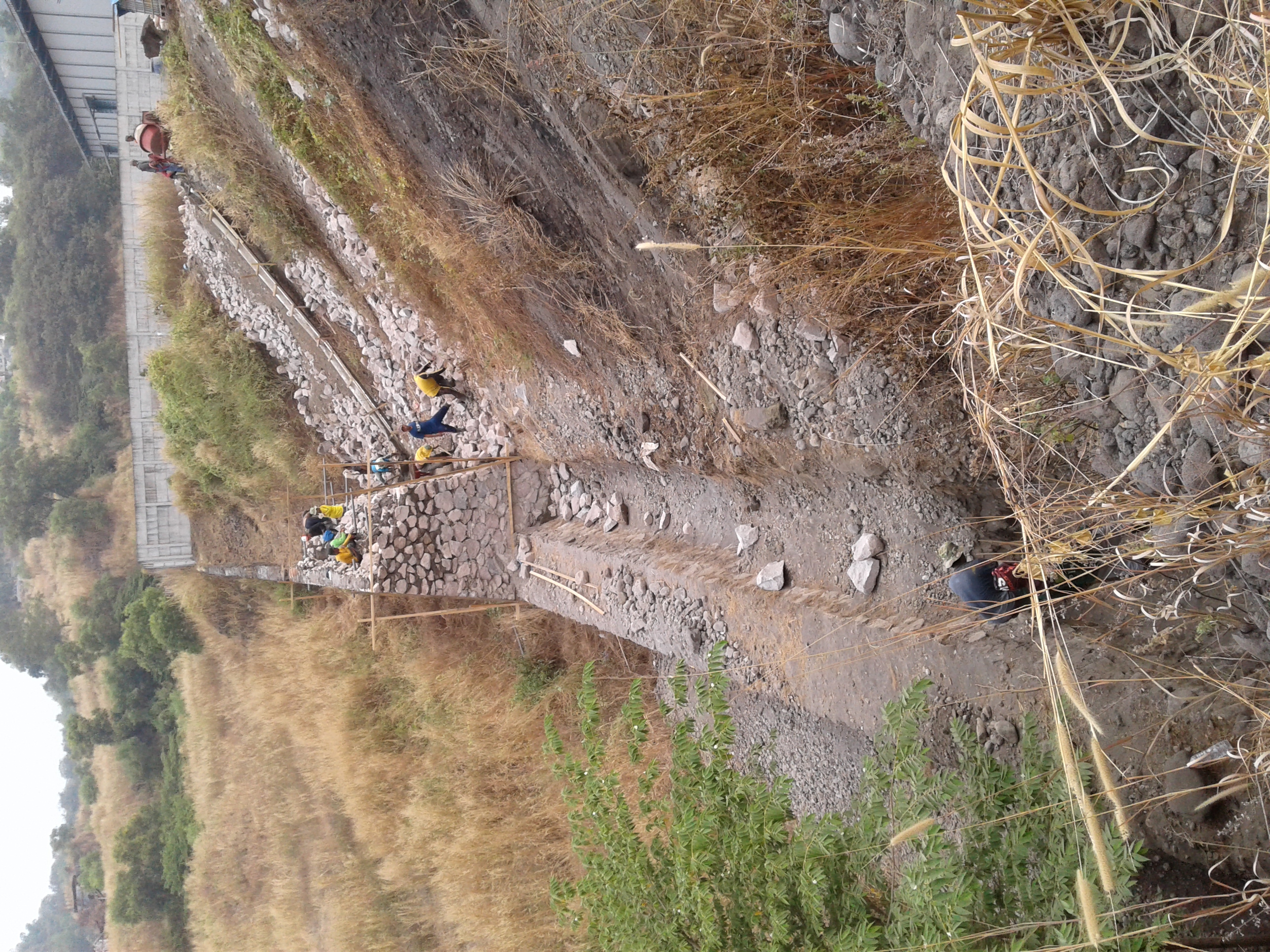Civil work services encompass a broad range of construction and infrastructure-related activities that contribute to the development, maintenance, and improvement of public and private spaces. These services are essential for creating a functional and sustainable built environment and encompass various disciplines within the field of civil engineering.
Civil work services cover a wide array of projects, including residential, commercial, industrial, and public infrastructure developments. Some of the key areas where civil work services are typically required include:
Site Development: This involves preparing the land for construction by grading the terrain, clearing vegetation, and addressing any geotechnical considerations. Site development sets the foundation for subsequent construction activities.
Excavation and Earthworks: Excavation is the process of removing soil and rock from the ground to create foundations, basements, trenches, or utility installations. Earthworks refer to any manipulation of the earth's surface, such as cut and fill operations, grading, or land reclamation.
Foundations and Structures: Civil work services encompass the design and construction of foundations, which provide stability and support for structures. This includes footings, piles, piers, and other structural elements necessary for building stability and load distribution.
Utilities and Infrastructure: This involves the installation, maintenance, and repair of essential utilities such as water supply systems, sewerage networks, drainage systems, electrical and communication lines, and transportation infrastructure like roads, bridges, and tunnels.
Landscaping and Outdoor Amenities: Civil work services also extend to the enhancement and beautification of outdoor spaces. This may include the design and construction of parks, gardens, recreational areas, walkways, and other landscaping features that contribute to the aesthetics and functionality of a site.
Environmental Considerations: Civil work services increasingly focus on environmentally sustainable practices. This includes measures to minimize soil erosion, manage stormwater runoff, incorporate green infrastructure, and implement energy-efficient designs.
Civil work services require a multidisciplinary approach, involving professionals such as civil engineers, architects, surveyors, construction managers, and skilled laborers. These experts work together to plan, design, and execute projects while adhering to safety regulations, building codes, and quality standards.
Additionally, civil work services encompass various stages of a project, including feasibility studies, site investigations, conceptual and detailed design, cost estimation, project management, construction, and ongoing maintenance.




